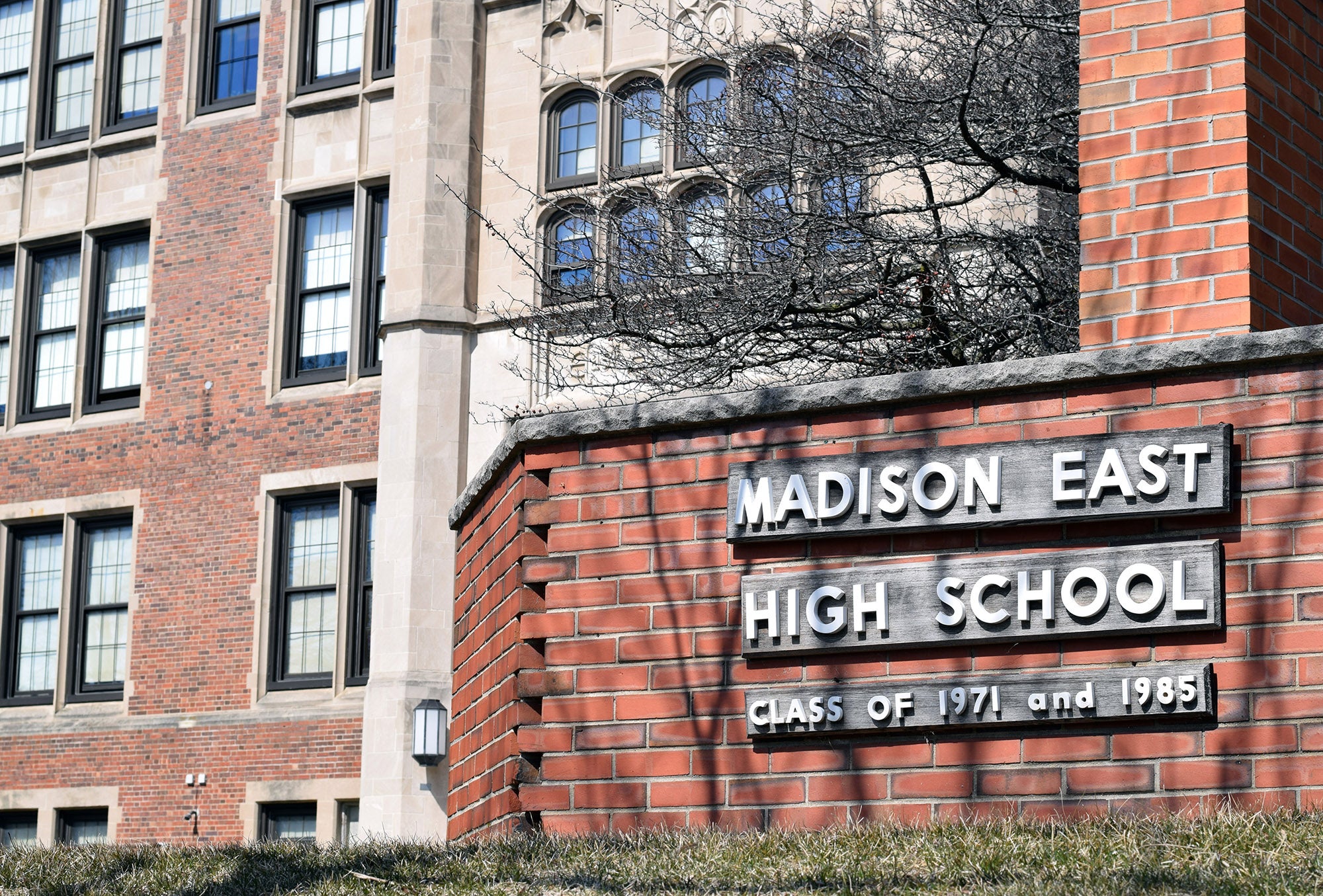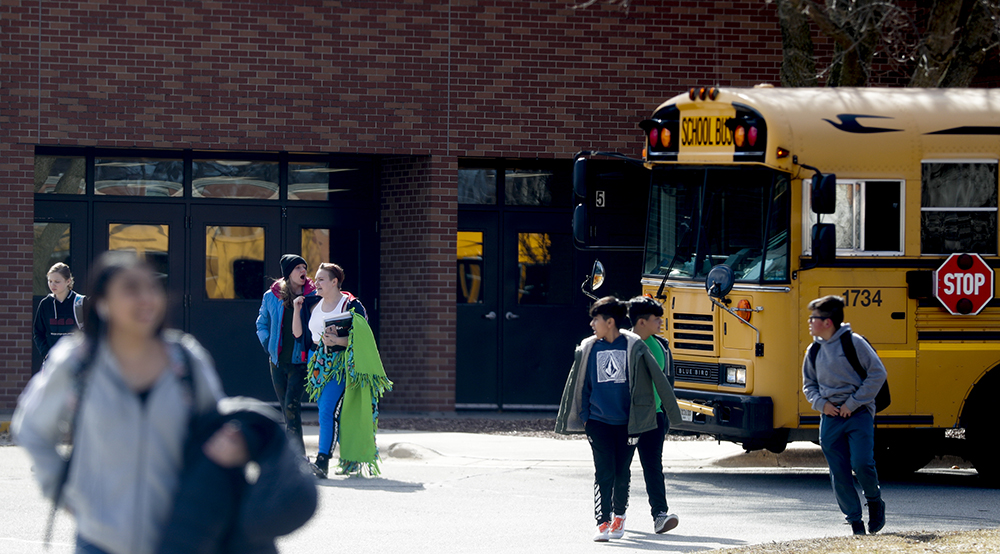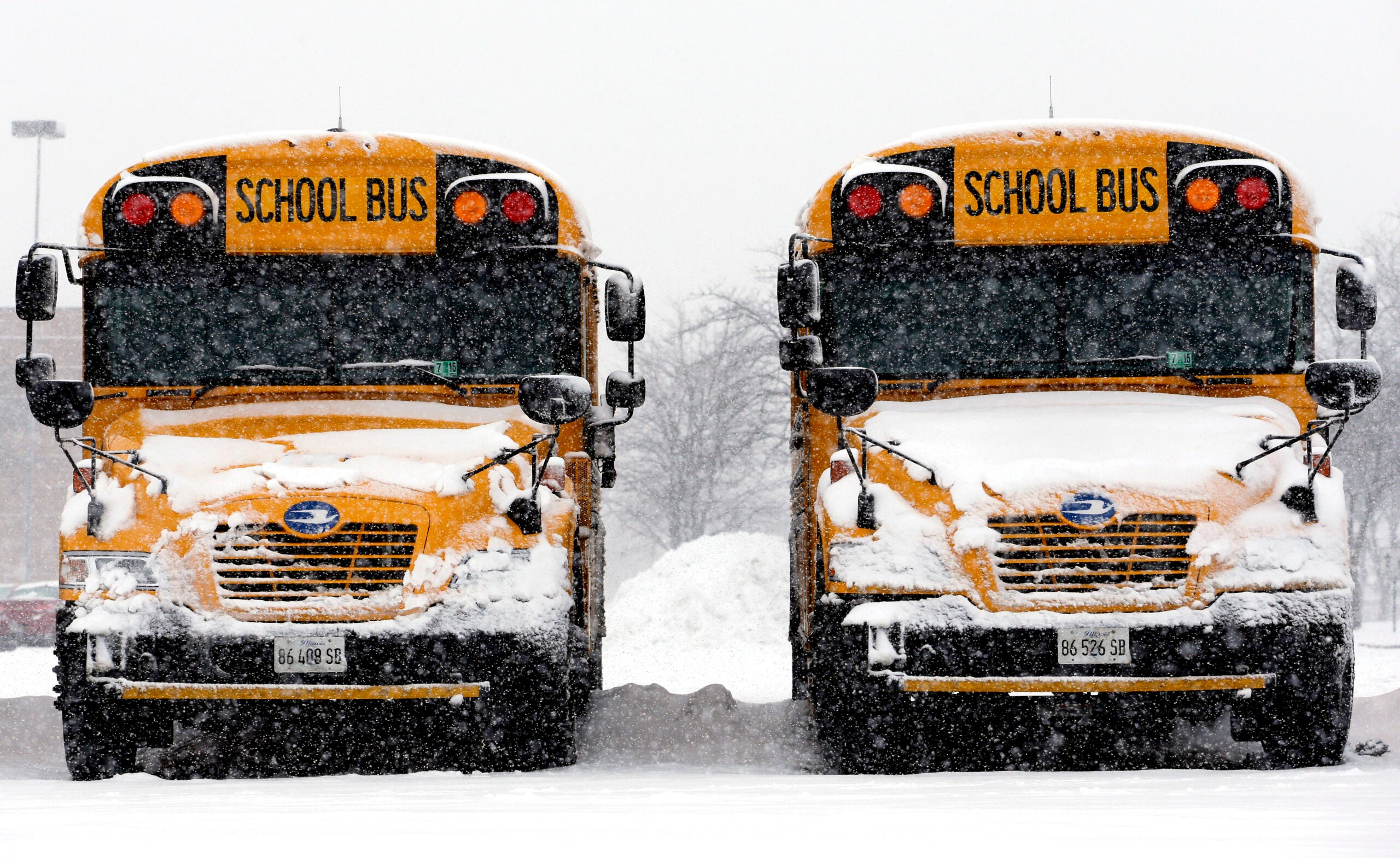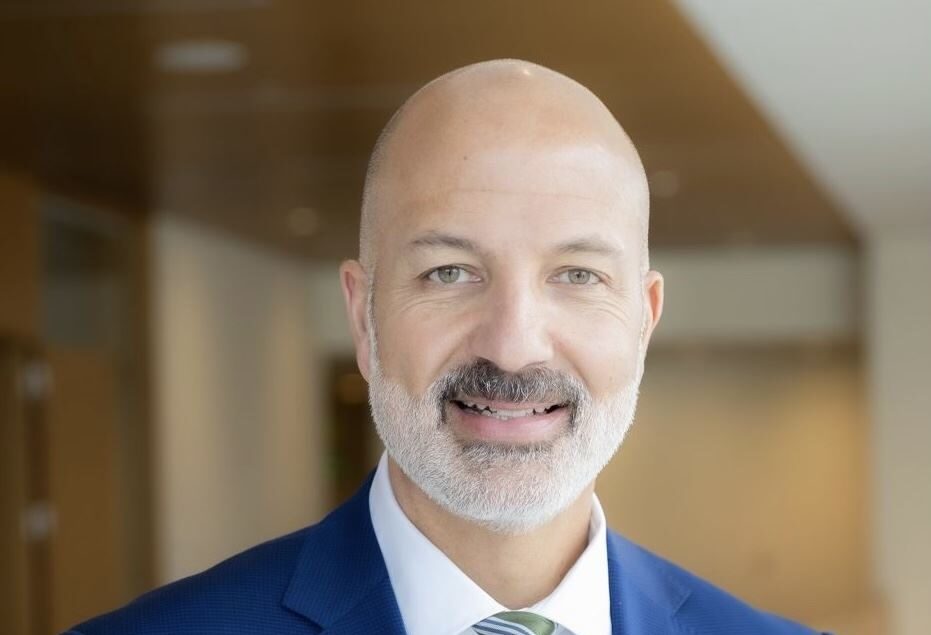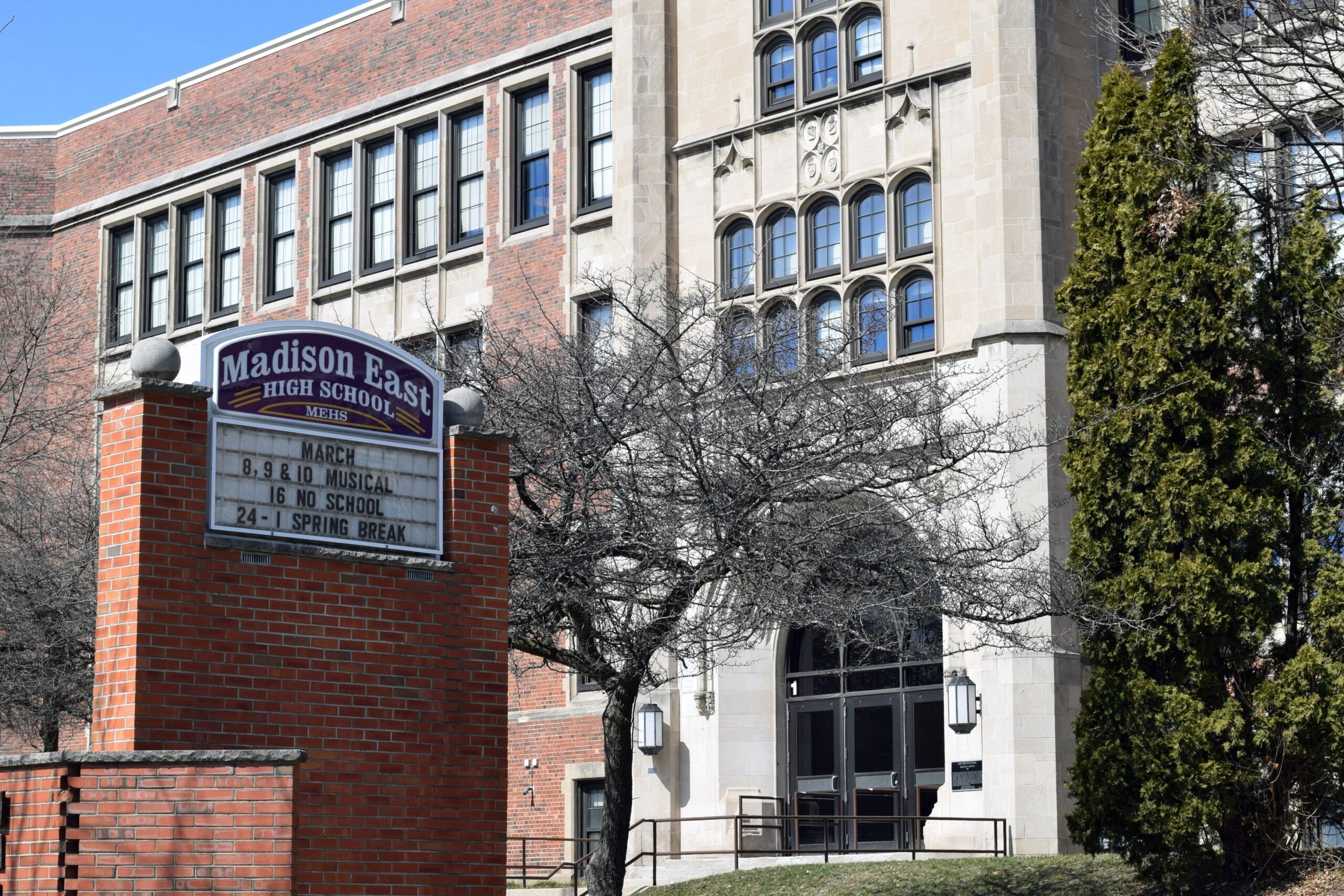Voters in more than 100 school districts across Wisconsin will be asked to approve school referendums on Nov. 5, with educators saying the state Legislature is not adequately funding public education.
This will be the third election cycle this year with large numbers of districts asking taxpayers to approve increased funding for schools, totaling about $6 billion across the state.
At least 192 of the state’s 421 school districts have asked, or will ask, a referendum question in 2024.
Stay informed on the latest news
Sign up for WPR’s email newsletter.
The November ballot includes 139 total referenda with 58 questions related to debt and 81 seeking recurring and non-recurring operating funds.
Approval for February and April referendums was only 60 percent — the lowest ever, indicating voter fatigue appears to have set in.
In Wauwatosa, an affluent suburb of Milwaukee, the school district is asking voters to approve two funding requests: a $64.4 million operational increase and a $60 million increase to repair aging school buildings.
If both measures are approved, it would mean about a $600 a year tax increase on a $300,000 home, according to the district.
Across the community voters have signs in their yard supporting and disavowing the proposals.
Superintendent Demond Means said Wauwatosa is a prime example of a “purple community.”
“The property taxpayers are paying more than we receive in state aid,” Means said. “I think that makes passing referendums difficult.”
School districts are funded by a mix of taxpayer dollars, state aid and federal aid. In Wauwatosa, about 44 percent of the district’s budget is paid for by tax dollars, 34 percent is paid for by state aid and 4 percent comes from federal aid, according to the Wisconsin Policy Forum.
“ I believe that even the people who say ‘no’ to a referendum do want good schools,” Means said. “ They do want to make sure that kids are receiving the services that they want. It just disappoints me that the Legislature has placed communities in such a divisive, tension filled environment because it’s unnecessary. They have the funds to stop this, and they’ve just refused to do so.”
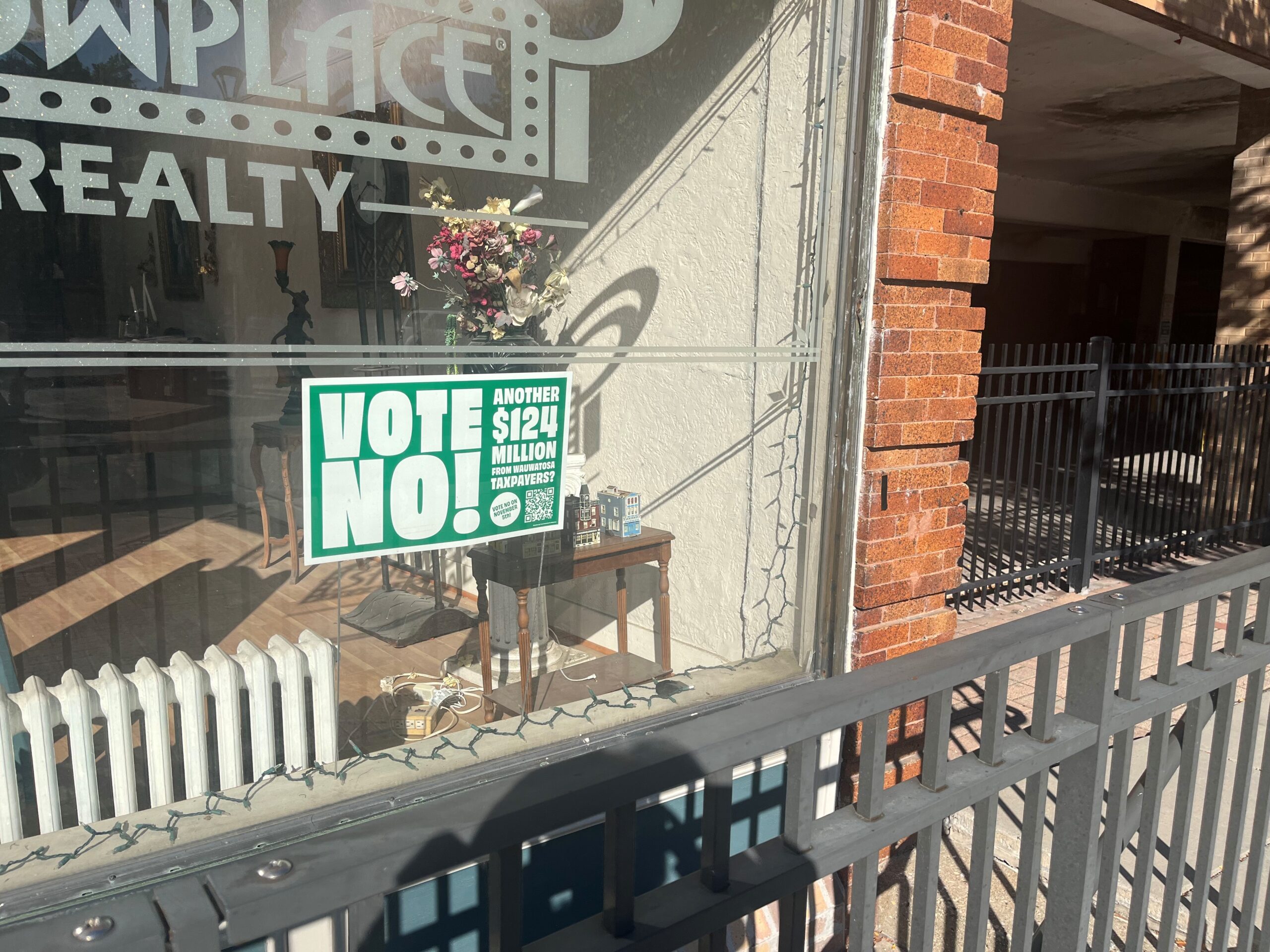
The 2023-25 state budget included an annual funding increase for public schools of $325 per student to the state-imposed limit on revenues districts can receive in school aids and local property taxes combined.
While this provides some relief, school districts say it didn’t catch them up from a freeze in state revenue caps in the previous two-year budget, or the declining enrollment many public school districts are experiencing.
Wisconsin ended its 2024 fiscal year in June with a $4.6 billion state budget surplus. The state’s “rainy day” fund hit a record-high of $1.9 billion.
State Superintendent Jill Underly is calling on Legislators to use a portion of the surplus to fund public education.
“The news that Wisconsin has a budget surplus of more than $4.5 billion comes at a time when too many of our school districts across the state are forced to go to referendum just to keep the lights on and our teachers in the classroom,” Underly said in a statement. “Our legislature has woefully underfunded public education to the detriment of our kids and communities.”
Madison voters will be asked to consider both city and school-related property tax levies next month.
The Madison Metropolitan School District has two referendum questions on the November ballot totaling more than $600 million.
The first, for $100 million, would help the school district cover its operating costs. The second, for $507 million, would renovate and replace aging buildings.
The school referendums would be “unprecedented in size and scope in district history,” according to an analysis from the Wisconsin Policy Forum.
Superintendent Joe Gothard said the district does not have time to wait for “courageous” lawmakers to pass the required bills to properly fund school districts.
“Taxpayers are stressed, inflation has impacted just about everything from personal finances and households to business and most certainly school districts,” Gothard said. “I’m concerned that without any change, the taxpayers are going to be looked at time after time to do the work that our state lawmakers are required to do.”
Wisconsin Public Radio, © Copyright 2025, Board of Regents of the University of Wisconsin System and Wisconsin Educational Communications Board.
